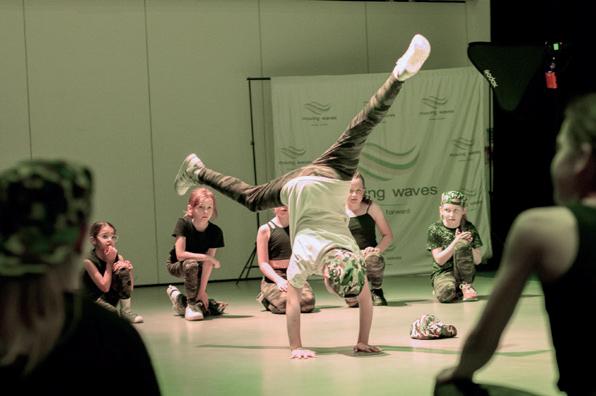THE BOY AT THE BACK OF THE CLASS
Being Different Challenging narratives The refugee ‘crisis’ in The Boy at the Back of the Class; homelessness and bullying in The Night Bus Hero; historical and present day racisms in The Lion Above the Door; violence against women in The Star Outside My Window; and most recently, the everyday plights of Young Carers living below the poverty line in The Letter with the Golden Stamp: I think it’s safe to say I don’t choose the easiest of issues to place at the heart of all my stories. Nor do I give my narrators an easy journey of unravelling any of the above. I have been asked countless times in schools across the world – from Singapore to Dubai, from a village school in Kent to university groups in Scotland, why that is. Why do I ask so much of the children of my book worlds and have them asking these big, seemingly unsolvable questions? Why place such a burden on their young shoulders and - through them - on my young readers too? The answer is simple: because our children, whether they’re 5 or entering their tween years, know. They are fully, if not hyper aware of the issues my books are
seeking to tackle. They hear and see everything. Be it wars raging and horrifically expanding in other parts of our small planet, or racist riots on our streets, or the rhetoric of politicians and media headlines regarding refugees, or indeed, the faces and stories they see missing in their WWII museums. We have in our midst, the most informed generations of children. Surrounded 24/7 by endless media platforms and voices telling them what is happening and oftentimes, what to think about it. Experiences and encounters that inevitably means our children have questions, lots and lots of questions. About all of it. Which is why, in every single one of my stories, there is a character brave enough and empathetic enough to launch into a quest for An Answer to their own questions. Leo in The Lion Above the Door embarks on an adventure to find out why heroes from countries beyond
Europe and the USA are missing from his history books - and by extension, why others see fit to bully and disrespect his family. Whilst his sidekick, Sangita, is on a parallel quest to dig out the heroes of this world, asking why non-White women’s roles, faces and names who contributed to fighting Nazism in WWII were all but eradicated - or often actually were. Meanwhile, Aniyah in The Star Outside My Window is numbed and confused on finding herself entering a foster home, and is on a desperate search for her mother’s star - a search that highlights the plight of far too many women around the world. Whilst the narrator in The Boy at the Back of the Class, on meeting a Syrian refugee boy who has borne and survived the unbearable, is desperate to take his plight to the most powerful figure - in their mind at least - in the country: the Queen herself. They do so because they aspire to be like that solver of mysteries and rather lacking in superheroic
EDUCATION CHOICES MAGAZINE | AUT UM N 2024 | 35
»


































